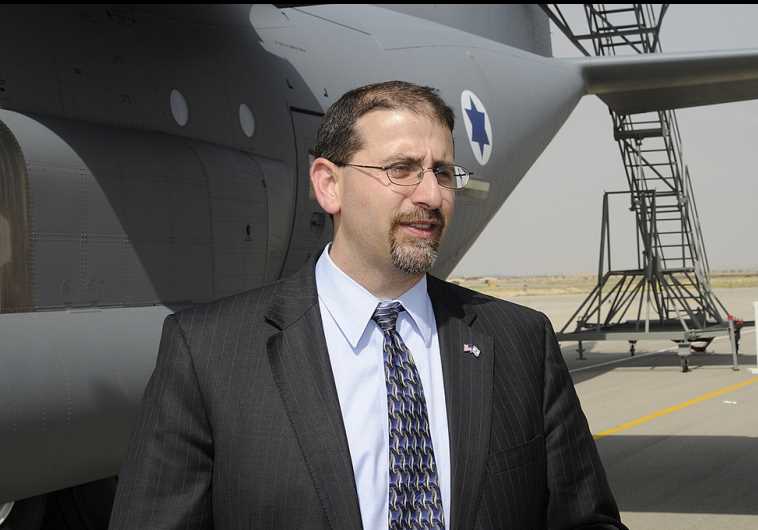Grapevine: Changing of the guard
Some of the US Embassy staff gathered in clusters could be overheard saying “I don’t want him to leave,” and “None of us does.”
 Dan Shapiro, the US ambassador to Israel, at Nevatim air force base(photo credit: US STATE DEPARTMENT)
Dan Shapiro, the US ambassador to Israel, at Nevatim air force base(photo credit: US STATE DEPARTMENT)